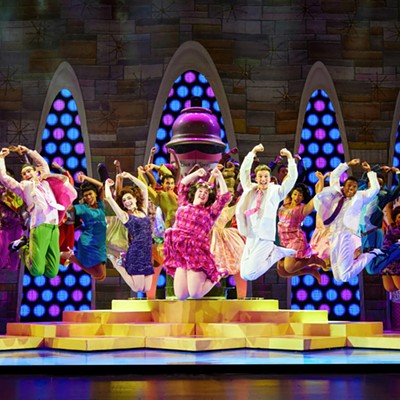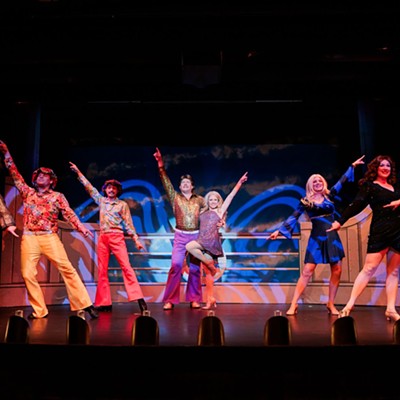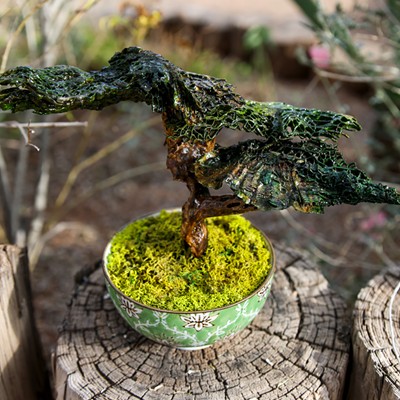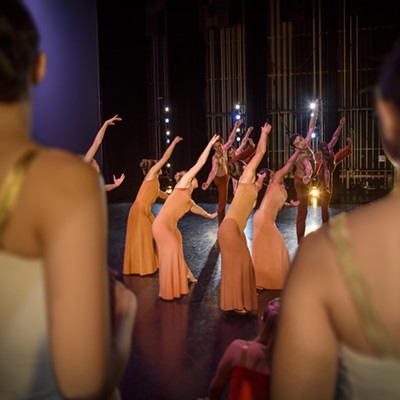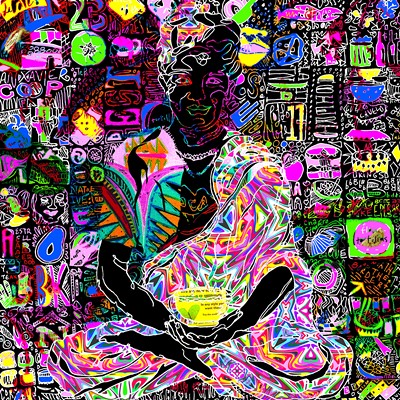Joan Didion wrote, "We tell ourselves stories in order to live."
You don't have to think about it too much to understand why. Through stories we try to make sense of things. To find a justification of an outcome we didn't expect. To help other folks understand who we are. And perhaps to find if we are more alike than different.
Several years ago, Tucsonan Penelope Starr realized the import of this observation, and that people sharing their stories was not just entertaining; it was actually a pretty important means to help us get to know one another in a unique way.
So she formed Odyssey Storytelling in 2004. It's an arm of an organization called StoryArts Group, Inc. Their mission, according to their website, "is to create, support, preserve, promote and celebrate the art of storytelling." Odyssey Storytelling hosts an event every month in which a topic is chosen, storytellers are solicited and selected and then guided through the process of how best to share their stories to a willing audience. You don't have to be a trained speaker; you don't memorize anything; you just have to be willing to trust that you have a story people might be interested in hearing—and that, for whatever reason, you think is worthy of being told.
This event takes place the first Thursday evening of each month, and so this Thursday, June 4, "Taboo" will be presented at the Screening Room downtown.
An individual serves a curator for each show, which means they choose the storytellers and host the event. The week before the show, the storytellers meet with the curators, who give them some guidance, helping them know what to expect and giving them some pointers about the most effective way of getting their stories told.
Starr says that last week's gathering where the storytellers for "Taboo" came together to run through their stories just "blew us away. We laughed, we cried—it's just so interesting that this brings us so many emotions. And the group of storytellers become sort of a tribe, working together and supporting each other."
In general, anyone can participate. Potential storytellers submit story proposals, and several folks are chosen to present their tales for a given evening. Selection is based on a variety of criteria—how well their story fits with the theme (or if it gives the theme a twist); a desire to balance light and more-serious tones; and an effort to present a variety of points of view to make it interesting for the evening's listeners.
Then on the evening of the event, for 10 minutes each, six folks take the microphone and tell a personal story that relates to the theme of that month's program. (And this month's theme should surely bring us some intriguing tales.) Nothing fancy, nothing written, nothing memorized—just a story yearning to be told by a person who wants to share it.
And when these folks tell their stories, something rather magical happens. People connect. Storytellers make themselves vulnerable and the audience welcomes their vulnerability with respect. It becomes a unique communion, and in a curious way, strangers are strangers no more.
The storytellers for "Taboo" are Mickey Monroe, a retiree originally from Chicago who moved to Tucson in 1972; Ethel Lee-Miller, a native New Yorker who writes about relationships; Edie Jarolim, a freelance writer and editor; Stephen Braun, who's had a 26 year culinary career but now is working on a masters degree in public administration; teacher, poet and mom Bridget Magee; and Sharon Kha, a former television news reporter who, when she was diagnosed with Parkinson's disease, discovered a talent for rapping. How could you not want to hear about this?
Jarolim is a four-time participant in these storytelling events, and this time she is tackling the no-no about talking about money. "It's a big taboo to ask about people's salaries or how much something costs. We probably talk about sex more easily." She has begun a Kickstarter campaign to raise money to finish and publish a memoir, "Getting Naked for Money: An Accidental Travel Writer Reveals All." "I've asked people to give money for other causes, but this is really different, asking for yourself."
She says it's always terrifying before getting up with that microphone, but every time it's been a really good experience. "It's always a good supportive, atmosphere."
Starr herself is working on a book which is part "how-to and part memoir," about her experience with Odyssey Storytelling. It's called "Voices Uncensored: The Radical Act of Community Storytelling."
Now, I bet that's one good story..

